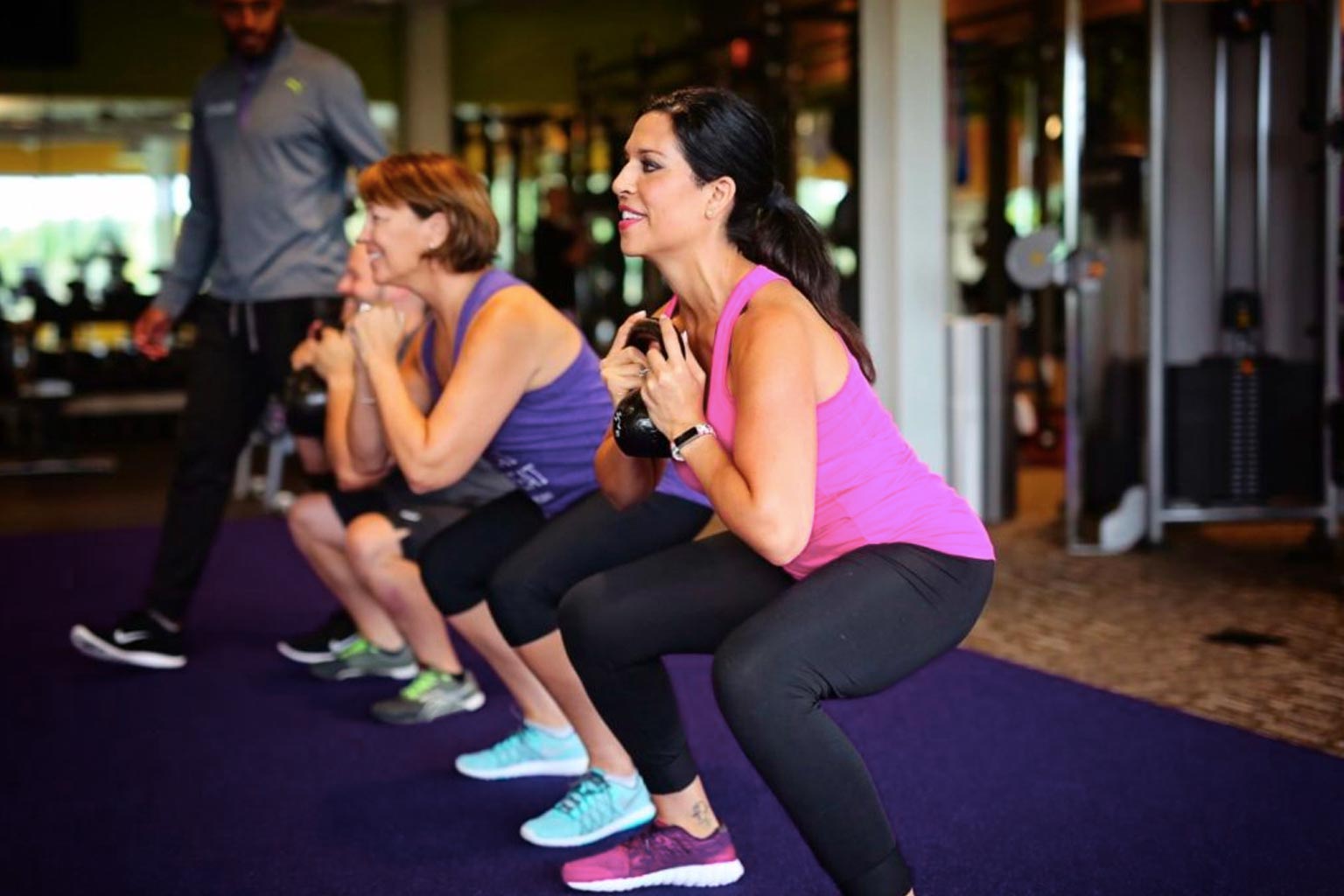Buzz Haven: Your Source for Trending Insights
Stay updated with the latest buzz in news, trends, and lifestyle.
From Couch to Climber: Transform Your Fitness with Functional Training
Transform your fitness journey from couch potato to climbing pro with functional training tips that deliver real results!
5 Essential Functional Training Exercises for Aspiring Climbers
For aspiring climbers, functional training is crucial in building the strength and endurance needed to tackle various climbing challenges. Here are five essential exercises that will enhance your climbing performance:
- Pull-Ups: This exercise targets the upper body, especially the back and arms, which are vital for climbing. Aim for a set of 5 to 10 pull-ups, gradually increasing as your strength improves.
- Hanging Leg Raises: Core strength plays a significant role in climbing, and hanging leg raises help develop it. Start by hanging from a pull-up bar and lift your legs to a 90-degree angle.
- Plank Holds: A strong core is essential for maintaining body tension while climbing. Hold a plank position for as long as possible, aiming for at least 30 seconds.
- Deadlifts: This compound movement strengthens the entire posterior chain, crucial for powerful leg drives. Focus on maintaining form and gradually increase your weights.
- Shoulder Press: Building shoulder strength will improve your ability to reach and hold onto handholds with confidence. Use dumbbells or a barbell to perform this exercise.

How Functional Training Can Elevate Your Climbing Skills
Functional training is a workout regimen designed to enhance movement patterns and increase overall body strength, making it an ideal companion for climbers seeking to elevate their skills. By incorporating exercises that mimic the demands of actual climbing, such as pull-ups, core rotations, and single-leg squats, climbers can build the necessary strength and stability required for tackling challenging routes. These exercises focus not only on boosting raw power but also on improving balance and flexibility, both of which play a crucial role in effective climbing performance.
Moreover, functional training helps in developing endurance and explosiveness, essential attributes for climbers who need to maintain energy levels during long ascents or rapid movements on the wall. Incorporating movements like kettlebell swings or medicine ball throws can significantly enhance your climbing stamina, allowing you to conquer more complex routes without fatiguing quickly. Therefore, implementing a well-rounded functional training program can not only improve your climbing skills but also contribute to a lower risk of injury, ensuring you remain in top shape for your next adventure.
What is Functional Training and Why Should You Try It for Climbing?
Functional training is a form of exercise that focuses on movements and exercises that replicate real-life activities. It emphasizes building strength and stability in a way that enhances overall performance in various physical tasks, making it particularly beneficial for climbers. By incorporating functional training into your fitness routine, you can improve your balance, coordination, and flexibility, which are essential for tackling challenging routes and terrains.
One of the primary reasons to try functional training for climbing is its ability to enhance grip strength and core stability. These core components are crucial for maintaining control and position while navigating vertical challenges. Exercises such as deadlifts, pull-ups, and planks not only build specific muscle groups used in climbing but also prepare the body for the diverse movements involved in the sport. By adopting a functional training approach, climbers can elevate their skills and reduce the risk of injury, ultimately leading to more enjoyable and successful climbs.